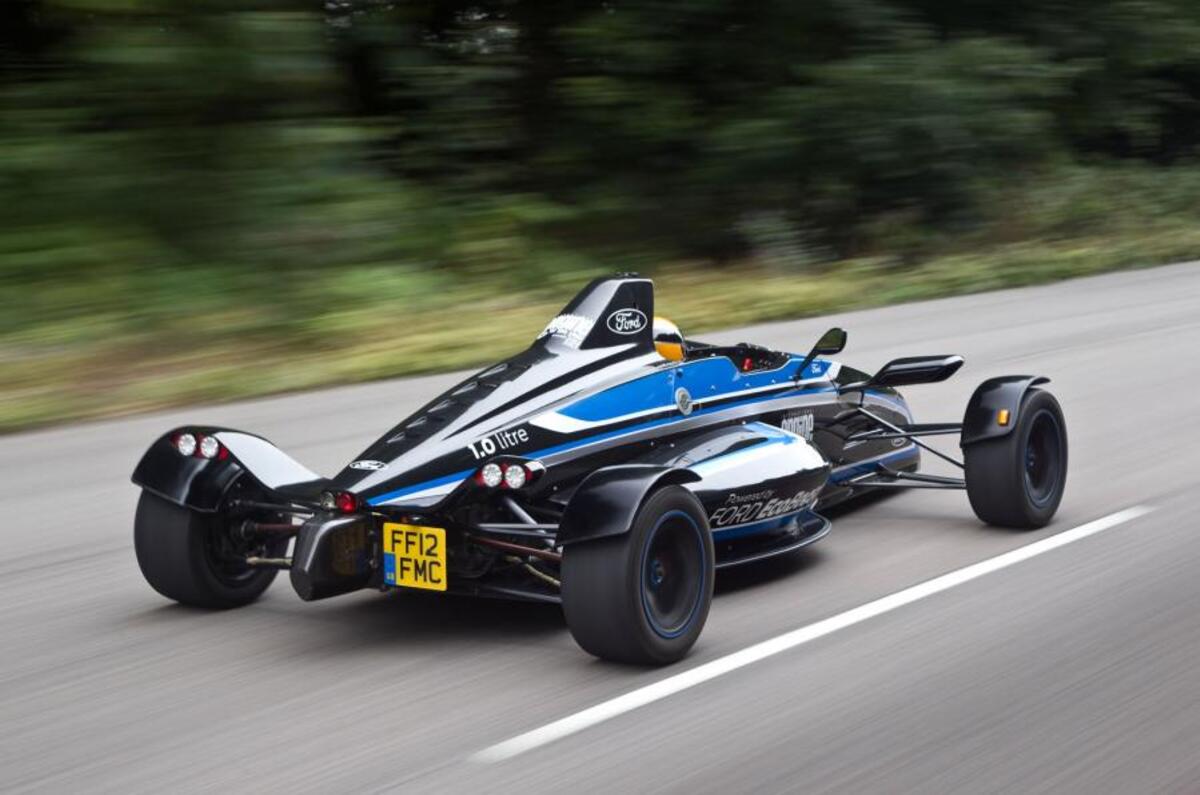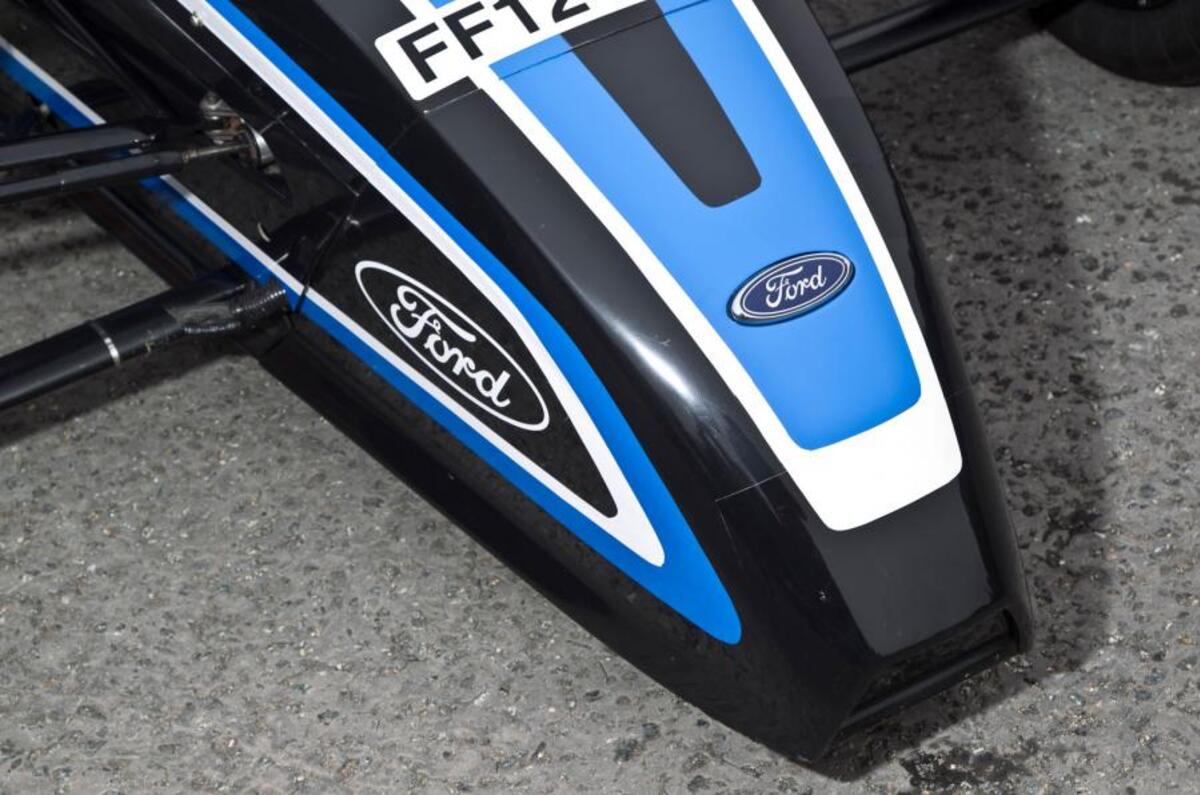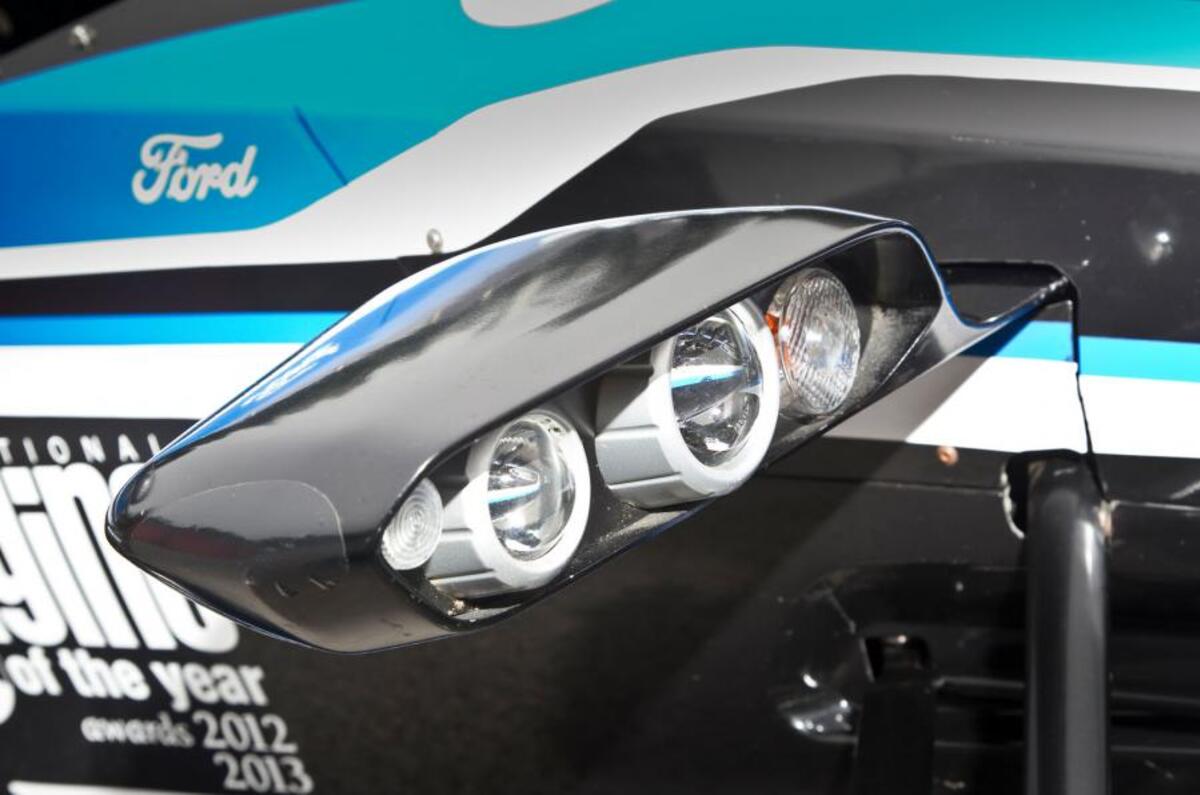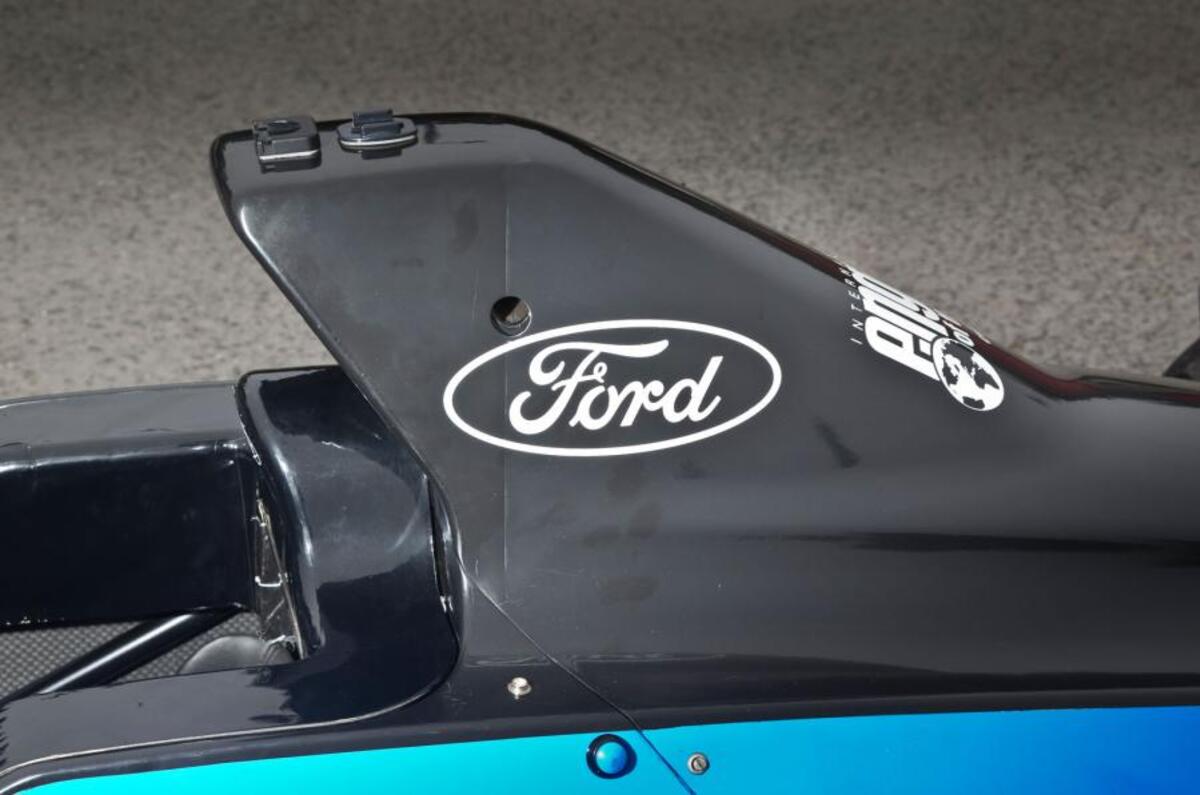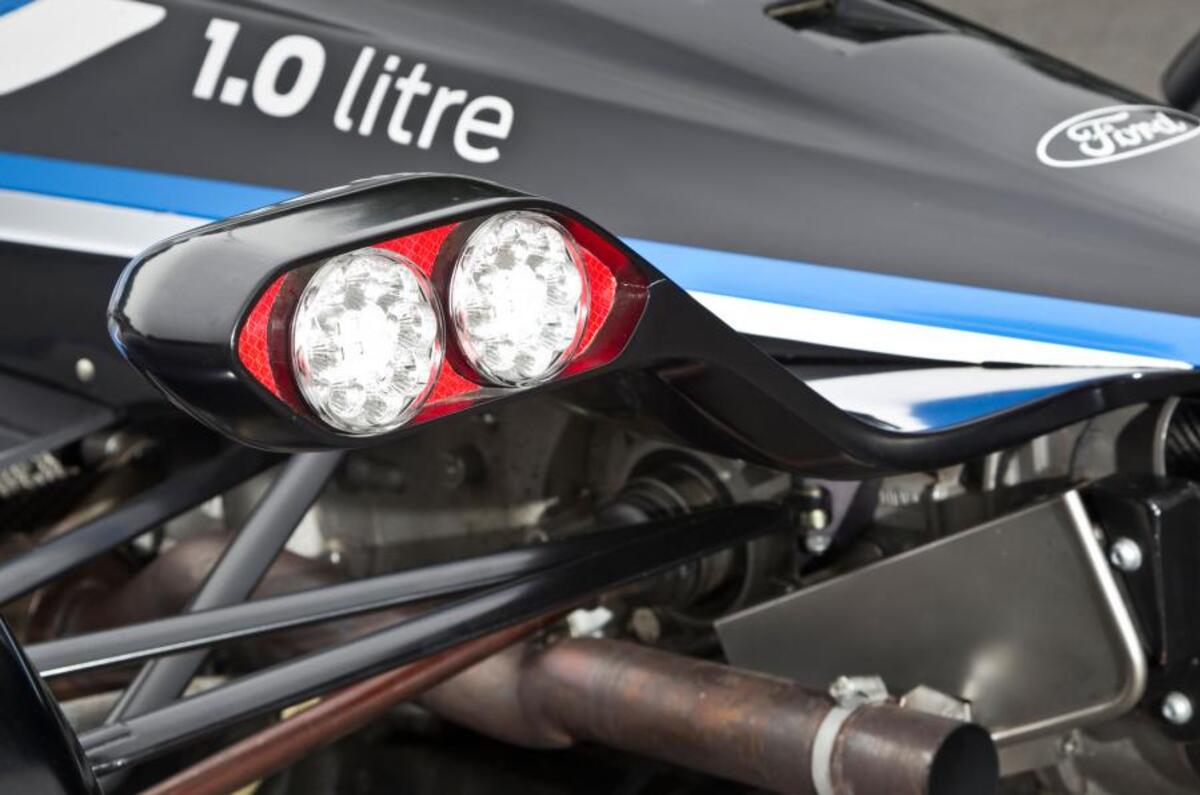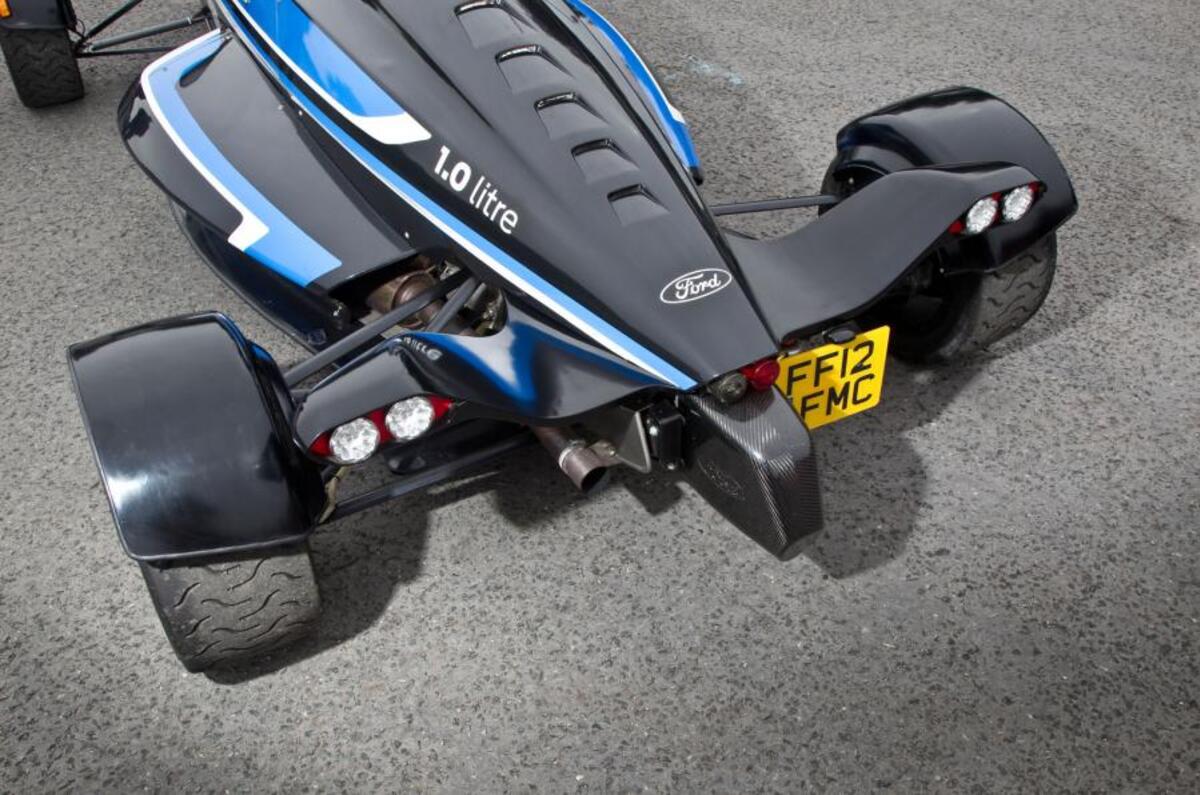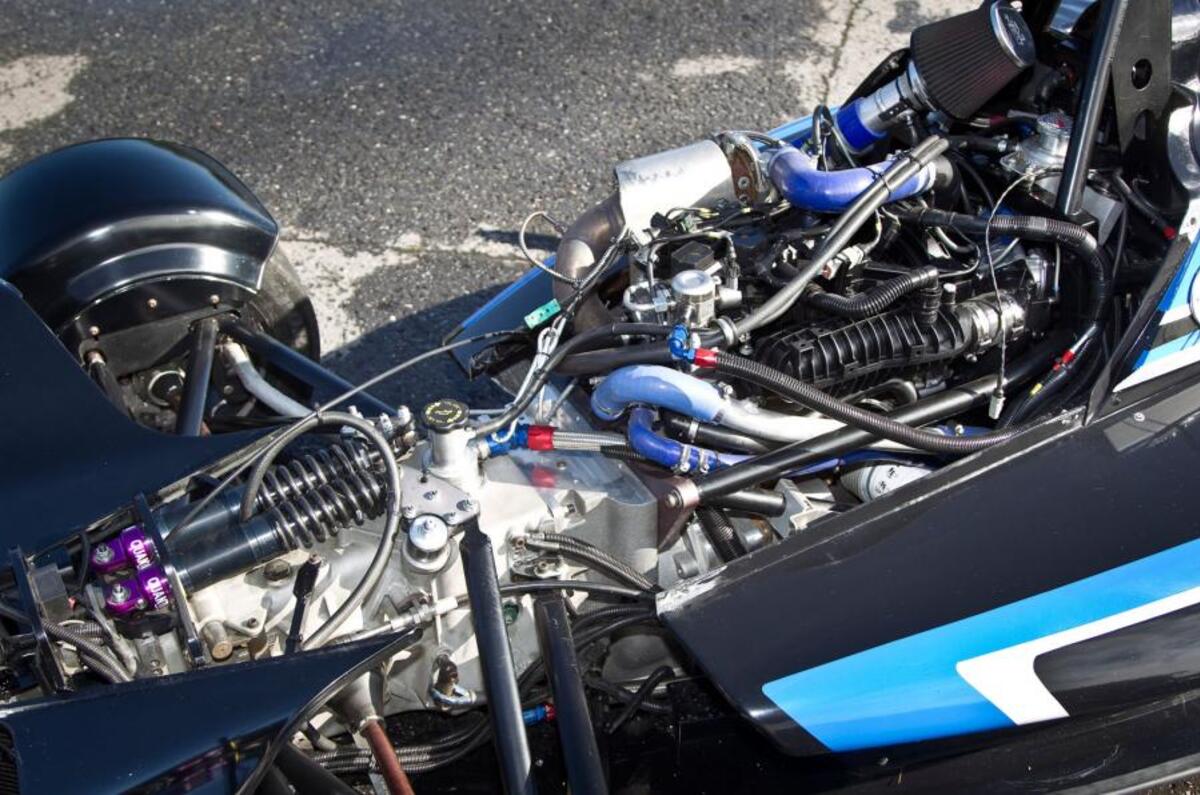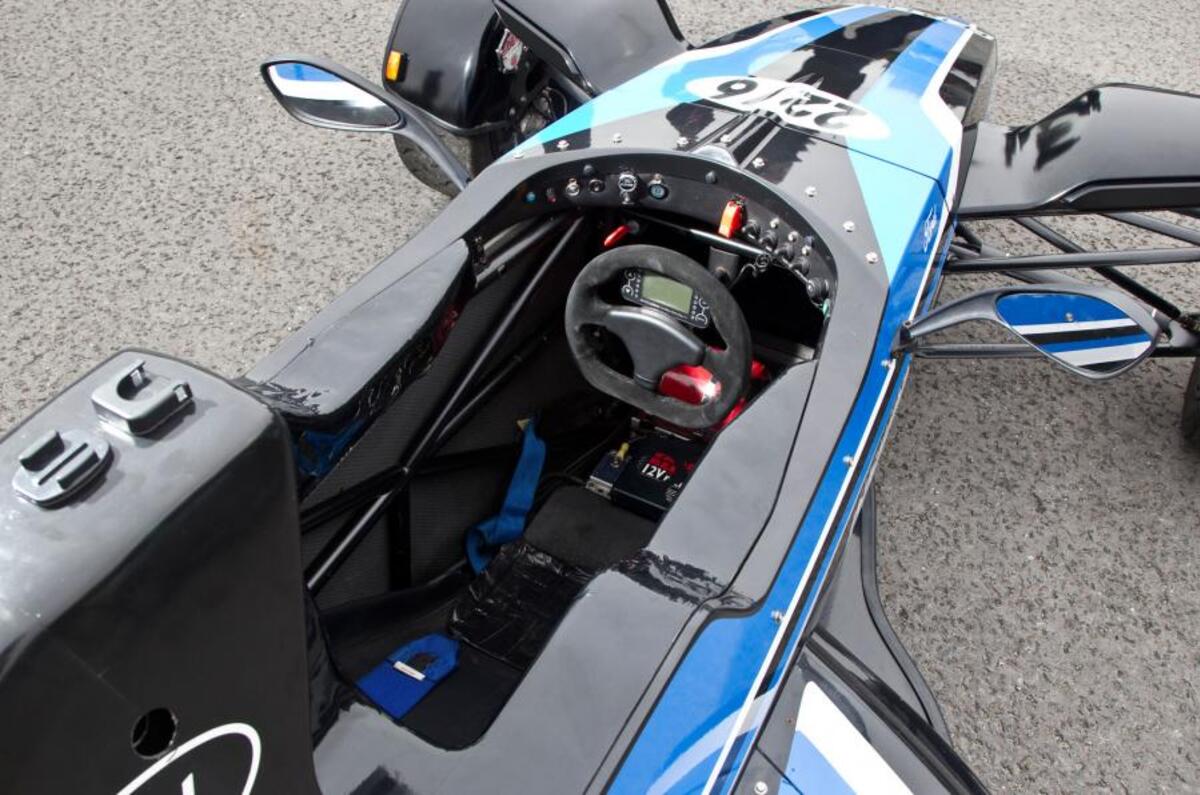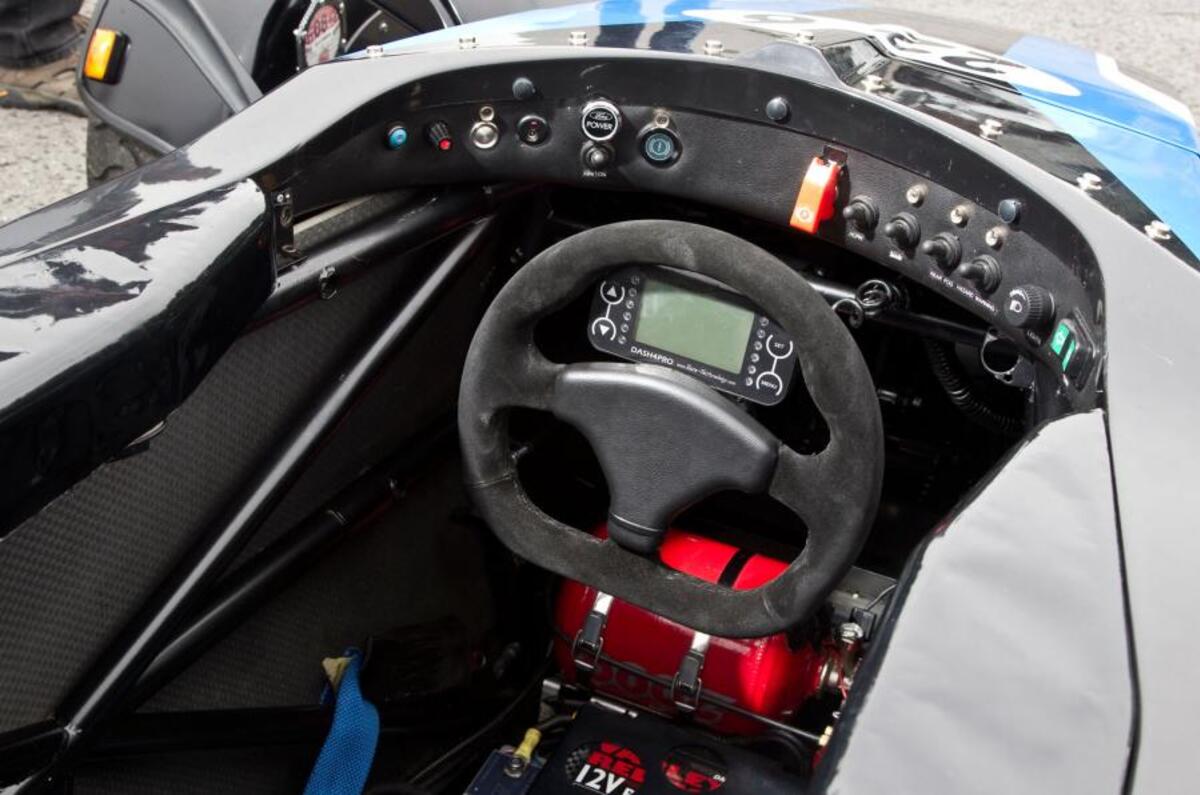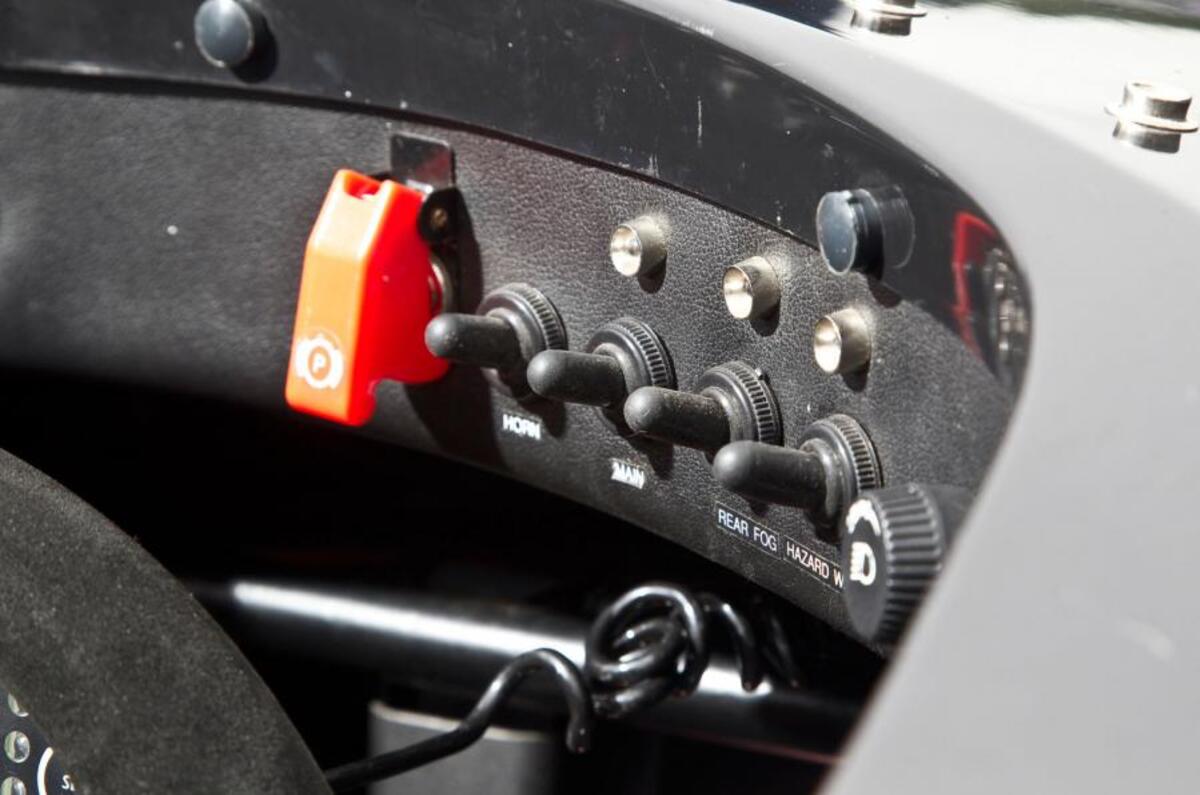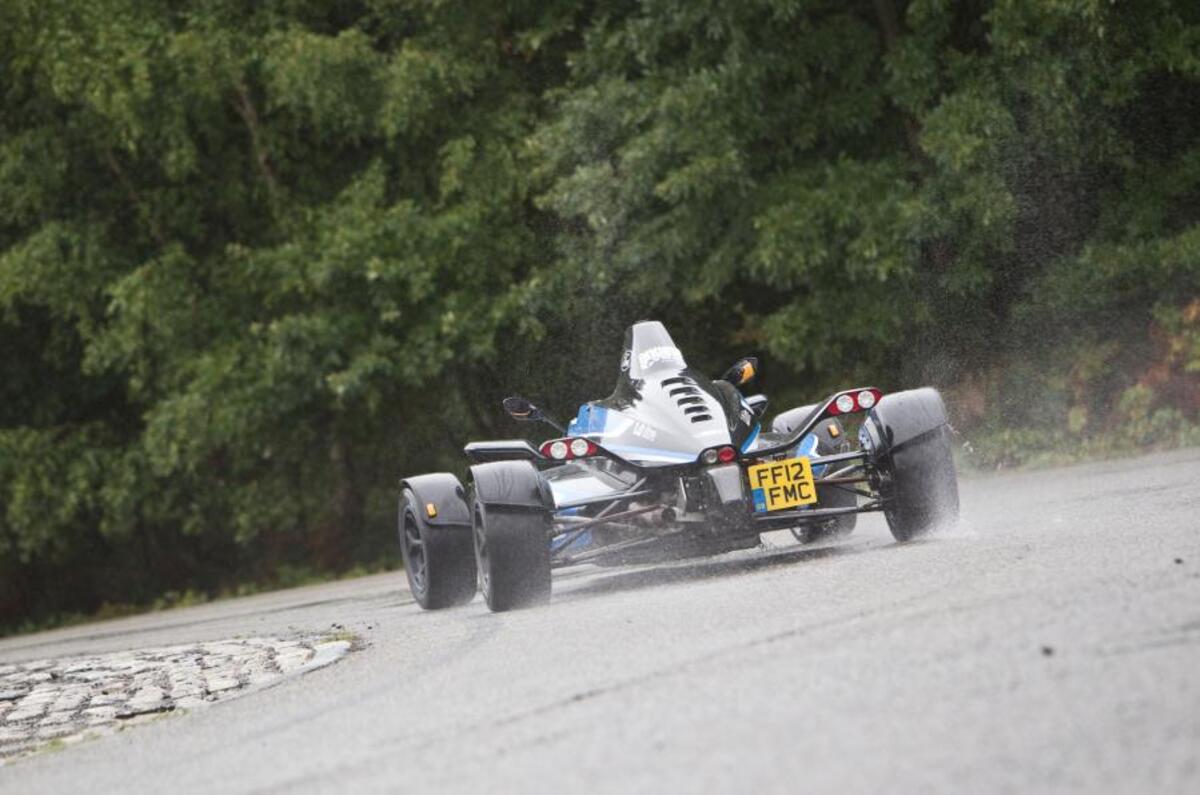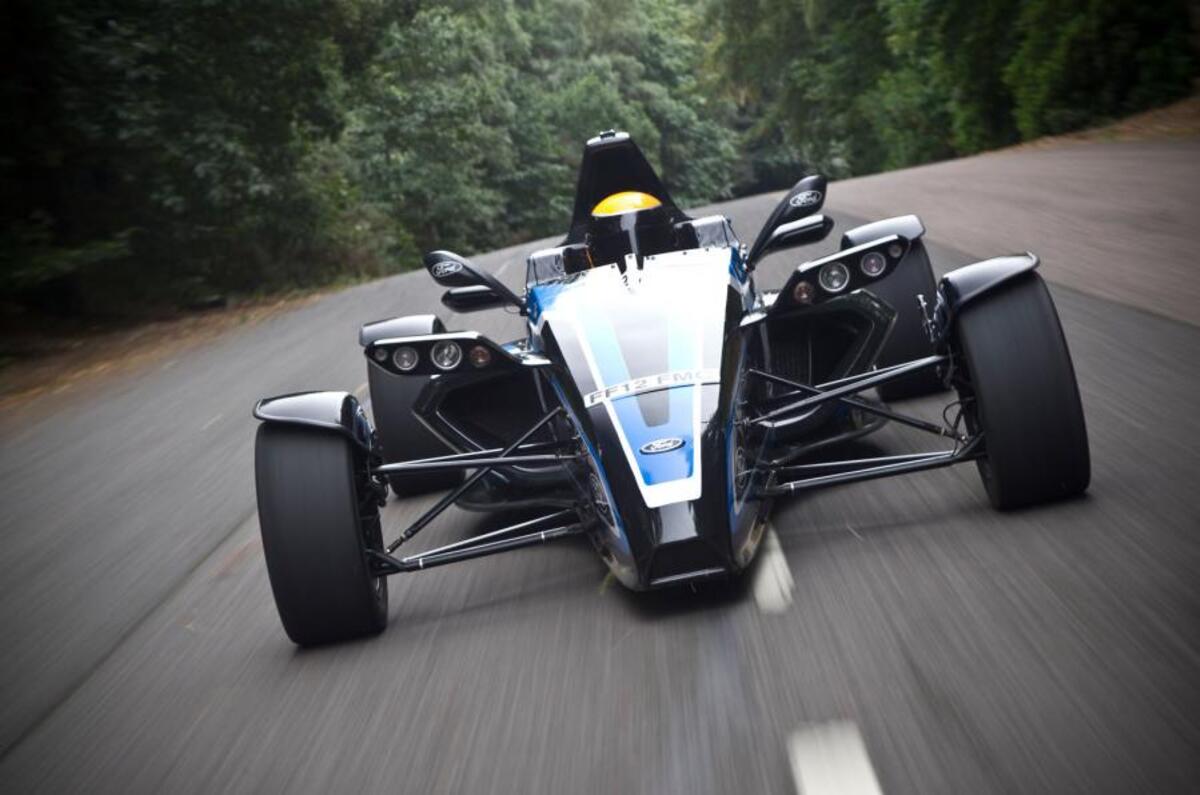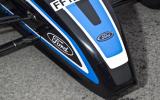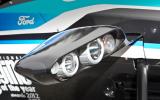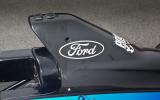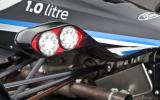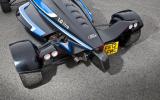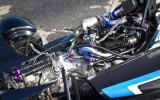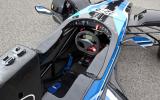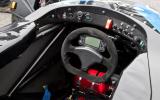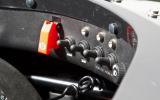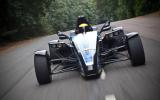A cynic might argue that Ford’s 1.0-litre EcoBoost-powered – but still just about road legal – Formula Ford is little more than a marketing exercise; a meaningless diversion from reality that's designed to showcase the talents of Ford's award-winning EcoBoost engine. And in one sense, the cynics might well have a point.
But from an engineering point of view, and also purely from a petrolhead's stance, this car is a whole lot more relevant than that. It's an intriguing gaze into the crystal ball in many ways, a machine that enables one to imagine what might be achievable for sports cars of the future.
In the tail sits a highly modified 200bhp version of the three cylinder, 1.0-litre EcoBoost engine from Ford’s road cars, and although there are headlights, indicators and even a handbrake to justify the numberplates, to all intents and purposes this is a racing car that will never be raced.
The gearbox is a six-speed sequential and the all-round double wishbone suspension is exactly as you’d find in the racing car, as is the stripped-out single seater cockpit, give or take an extra button or two to turn on the headlights.
Everything this car does on the move, it does with immediacy and precision. The engine feels massively torquey (which is amazing considering its lack of capacity) and there is all sorts of mid-’80s touring car chatter from the wastegate when you come on and off the throttle, which is nice. But most of all, it’s quick. And when I say quick I mean just this side of bonkers - but only just.



